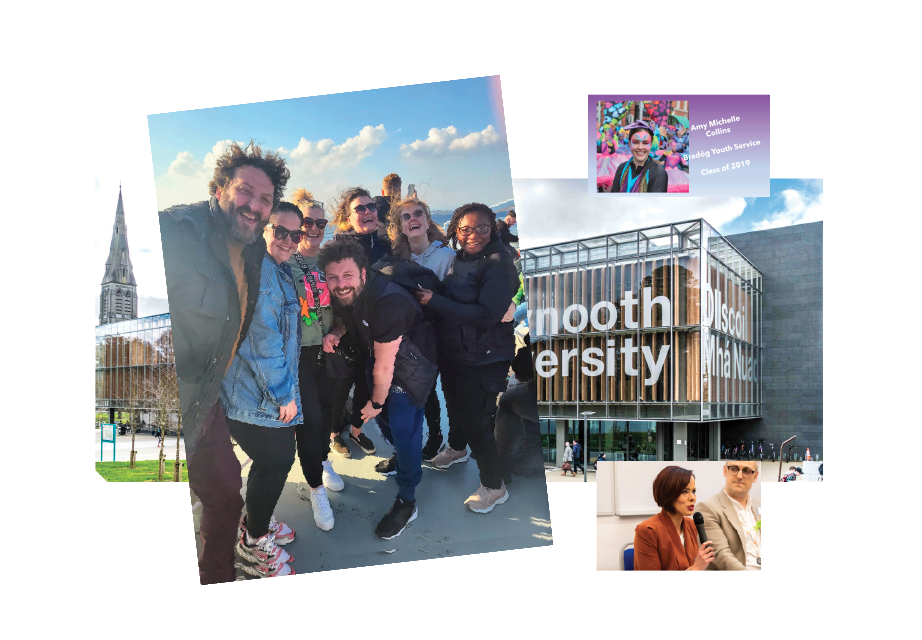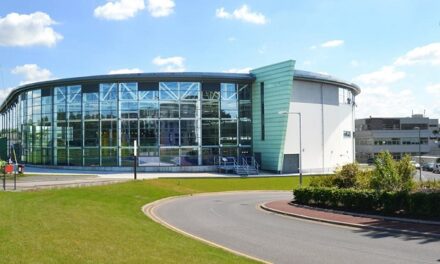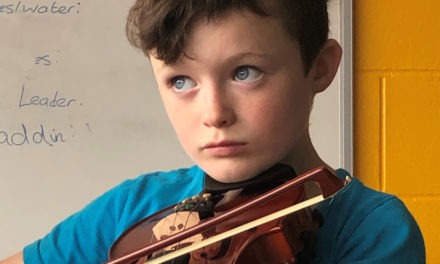Readers wondering should they study for a masters in youth and community work at Maynooth University can hear what it’s like this coming Monday, April 24th, when current students take part in a questions and answers session.
Fresh from a study trip to the western seaboard, they are the key speakers in an online recruitment event for the university’s two-year Masters in Social Science, Community Work and Youth Work.

• Deirdre Massey is the Practice Development Coordinator with Maynooth University’s Department of Applied Social Sciences.
Event organiser Deirdre Massey believes the session is nicely pitched for people wanting social change and wondering whether further study is for them or not:
“We believe that hearing from past and current students and employers, in a participative session, is a powerful way to communicate the value base of the Department, the pedagogy that students learn through, and the capacity to impact on social change.”
The event will also give people get a sense of “the fun and creativity that is part and parcel of the programme”, she said.
The university is currently the only provider in the country of community work and youth work education at postgraduate level.
“We really welcome applications from people with diverse backgrounds – Travellers, Roma, people with a criminal conviction, people with life experience,” continued Massey.
The course is run by the university’s Department of Applied Social Studies, it focuses on social justice and human rights, and there are currently around a dozen people on the course. The learning takes place on and off campus and the students have just returned from a study visit to the Inis Oírr.

• Maynooth students pictured on a recent study trip to Inis Oírr.
Students normally do two placements during the two years.
“The work placements are really worth having on a CV coming out the other end,” said Massey. She encourages people to make contact as there may be other options that suit them, eg studying part-time over three years.
While mature student numbers are “down 10% across the board”, reflecting a national trend, Massey is optimistic and the number of graduate opportunities is growing.
“The Sector is changing and there’s a bit of a resurgence,” she said, pointing to the expanding Community Development Pilot Programme as just one example.

• Former and current students and staff at a recent inclusion and migration event in Maynooth University – Mairead McDevitt, Niamh Slevin, Holly Bardon, Linda Mackey, Richie Keane, Anastasia Crickley, Deirdre Massey, Marianne O’Shea, Ciara Shanahan, Rachel Doyle.
Graduates from this and related courses in Maynooth go on to forge careers as community workers, youth workers, climate and environmental justice workers, advocates for Traveller and Roma rights, migrant rights, LTBT+ work, anti-racism and intercultural work and policy work.
The online event takes place from 6.30-8pm and the Teams link for joining the session is: https://bit.ly/40WThu7
Some past pupils include:

• Senator Eileen Flynn graduated from Maynooth University in 2017 with a degree in Community and Youth work.

• Amy Michelle Collins graduated in 2019 with a degree in Community and Youth work.

• Debbie O’Rourke graduated in 2014 with a degree in Community and Youth work.





